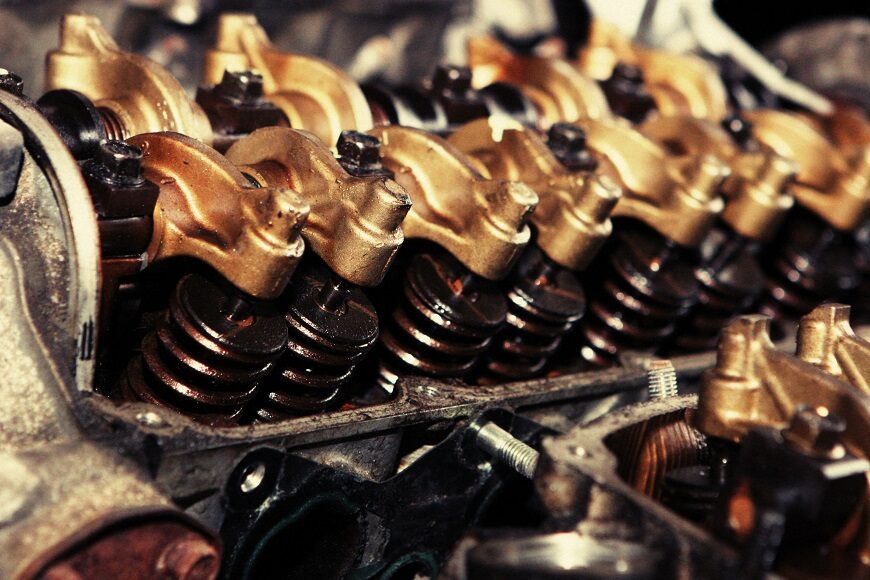
Engine knock is among the most disturbing problems a vehicle can have, but not many people know what it is, or how it is caused. Basically, engine knock (also known as pinging, detonation, and spark knock) occurs when the air/fuel mixture inside a cylinder is incorrect, which makes the fuel burn unevenly. Under normal conditions, the fuel burns in pockets, rather than in one giant fireball within, and when each pocket of fuel burns, a shock occurs that burns the next until all the fuel is burned in that stroke. When a knock is present, the pockets don’t burn evenly, causing shock waves at the wrong times that can damage the cylinder wall and the piston itself. This also creates the common “pinging” noise that is often described when knock is present.
The 3 Most Common Engine Problems >>
Engine knock can be caused by many things, however, some of the most common are as follows:
- The fuel in your car has too low of an octane rating. – The octane rating of gasoline is sometimes known as the AKI—anti-knock index. Manufacturers recommend a certain rating to maintain optimum performance in their vehicles. If you use gas that has an AKI that is too low, you can use an octane booster, purchased at any auto parts store, to bring it back to levels that will allow normal function. If you use the correct rating and it still has issues, try a different brand of gasoline. Using gasoline with an AKI higher than the manufacturer recommends will not have any adverse effects.
- Carbon deposits on cylinder walls. – All fuels sold in the U.S. are required to have a certain level of carbon cleaning detergent in them, however, this may not be enough to stop deposits from forming. When deposits form, the volume of the cylinder is effectively decreased, which increases compression that can cause knock. To combat this, first, try to purchase some detergent additive at an auto parts store, and then try switching fuels. If your car is prone to knock, you may want to add the detergent at every fill-up.
- Your vehicle has incorrect spark plugs. – Manufacturers have recommended spark plugs for every vehicle and often list some alternatives. If your car is running anything other than what is suggested, you may have knocked. The heat range of a spark plug is often in its part number, and the spark plug is designed to run at that range. Its job—other than producing spark—is also to withdraw heat from the combustion chamber and into the head. Try to change your plugs if altering your fuel doesn’t help.
The three causes of knock are the most common, and also the least expensive to fix. If your car is still experiencing knock after these suggestions have been followed, try and take it to a reputable shop.


